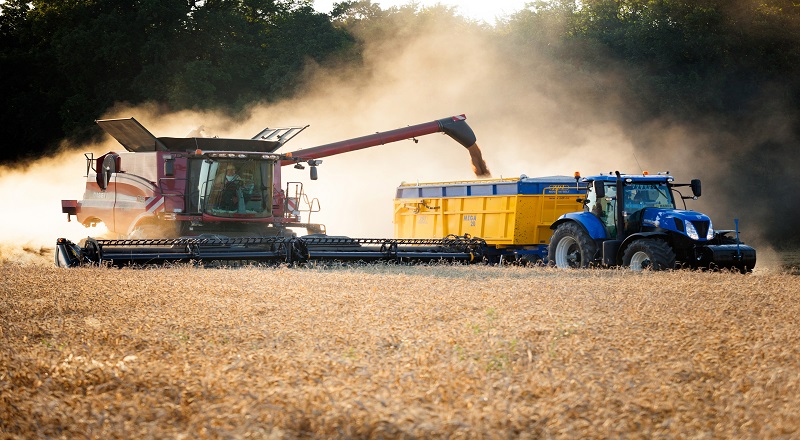Postgraduate Courses in Agricultural Science
There is so much to learn about the world of agriculture as well as different areas you can work in which makes it easy to adapt to your particular field of interest (pardon the pun!)
Below, we have compiled a list of courses that might be of interest to you as well as the general information you might need to be sure you’re heading in the right direction.
Allow your 2021 to be a year of new adventures and opportunities. Start right here!
What is Agricultural Science?
Agricultural Science is a multidisciplinary field of biology. It uses natural, exact, social and economic sciences in order to gain an understanding of agriculture.
Specific areas studied in agricultural science include plant and soil science, veterinary science, agricultural business management and other areas such as farm mechanics.
What does an Ag Scientist do?
Agricultural Scientists may work around 39 hours a week. Most of your work will be done between a laboratory and field work. These hours are open to change depending on your exact workload. Your day to day tasks may differ depending on what you’re working on but typical duties carried out include:
- Conduct and interpret research
- Carry out testing, collating samples, gather and analyse results
- Design and implement experiments
- Generate data
- Reports writing based on research
- Communicate and present results of experiments and research
- Work alongside others to reach the same goal
- Create proposals for research projects
- Ensure work meets legislative requirements
- Liaise with farmers, clients, stakeholders
- Supervise lab and field work carried out by others
Courses
There are many courses on offer in the area across the UK. Some courses offer the opportunity to study either part time or full time. Universities may have certain restrictions in place due to Coivd-19 and may offer courses online. Courses available include:
Agriculture and Environmental Science
Postgraduate courses in agriculture and environmental science are suitable to those who wish to develop a career in sustainable farming systems, environmental management and rural development. These courses will give students the opportunity to gain the necessary skills and knowledge to work in this area and gain an understanding of the interaction between agriculture and the environment. With an emphasis on sustainability, students of this course will gain skills related to sustainability in farming systems, environmental management and rural development.
Food and Rural Development
Courses in this area will see students cover topics such as country planning, agricultural science, food science and technology. You will gain all the necessary skills and knowledge to carry out research and develop a career in the areas of food social science, rural development and rural sociology.
Plant and Crop Sciences
Another option in the agricultural science area are courses in plant and crop sciences. These courses will allow students to look into different areas in great detail including molecular mechanisms in plant cells and gaining an insight into genes that control agronomic traits, no name a few topics. The main aim of courses like these is to use knowledge in order to improve crop quality and performance.
Other courses available in this area include Sustainable Crop Production: Agronomy for the 21st Century, Food and Rural Development Research and Agroecology, Water and Food Sovereignty, to name just a few.
Entry requirements
Entry requirements may differ from course to course or university to university. Therefore, it is important to research your specific course in detail to ensure you meet the entry requirements. As these courses are postgraduate courses, you will need a bachelor’s degree. Some courses may accept a 2.2 degree while others will require a 2.1. A degree in a relevant area is preferred such as chemistry, biology, soil science, animal nutrition or agriculture.
Salary
Specific salaries may differ depending on location or your employment. Starting out, your salary may be around £17,000-£22,000. After that, with experience and time your salary will increase and can range between £28,000 to £35,000. All figures are based on estimates and are intended to be used as a guide only.
Potential employers
Potential employers in this are include:
- Government departments
- Research organisations
- Manufacturers
- Universities
Skills and requirements
Skills and requirements helpful in this area include:
- Strong communication skills
- Time management skills
- Interpersonal skills
- Problem solver
- Critical thinker
- A knowledge of agriculture industry
- Ability to work well with others
- Hard working and determined
- Ability to conduct research
- Organisation skills
- Computer literate




